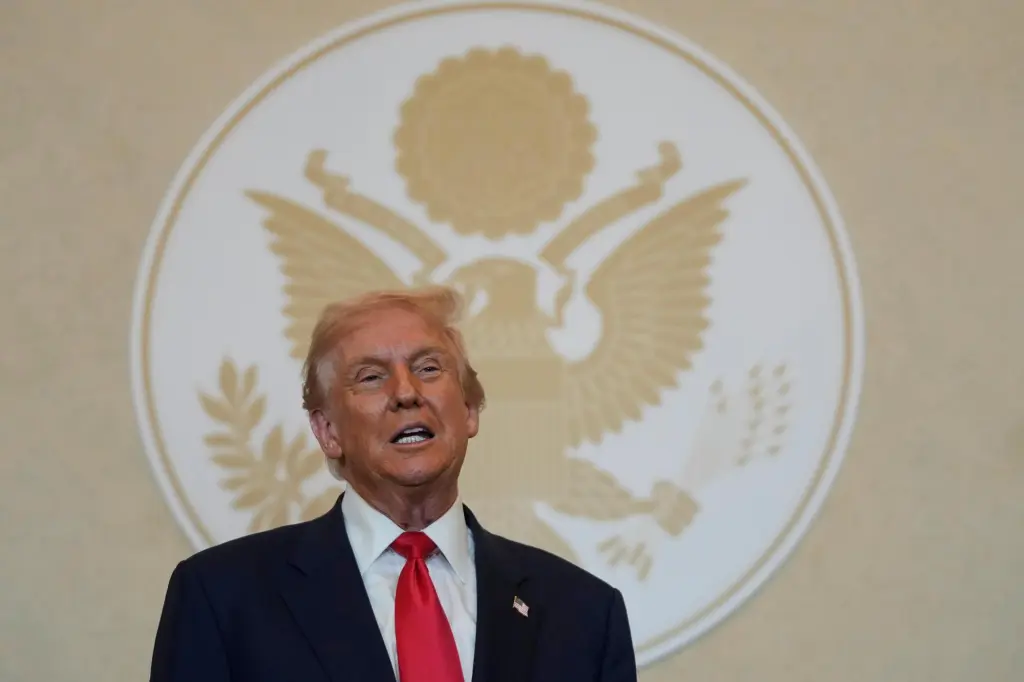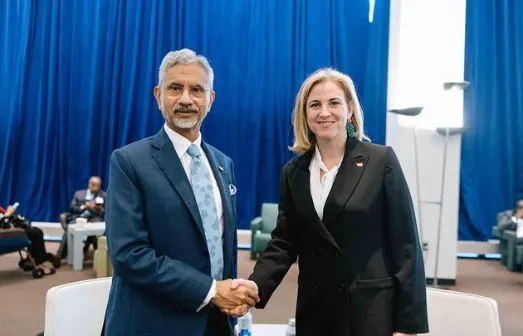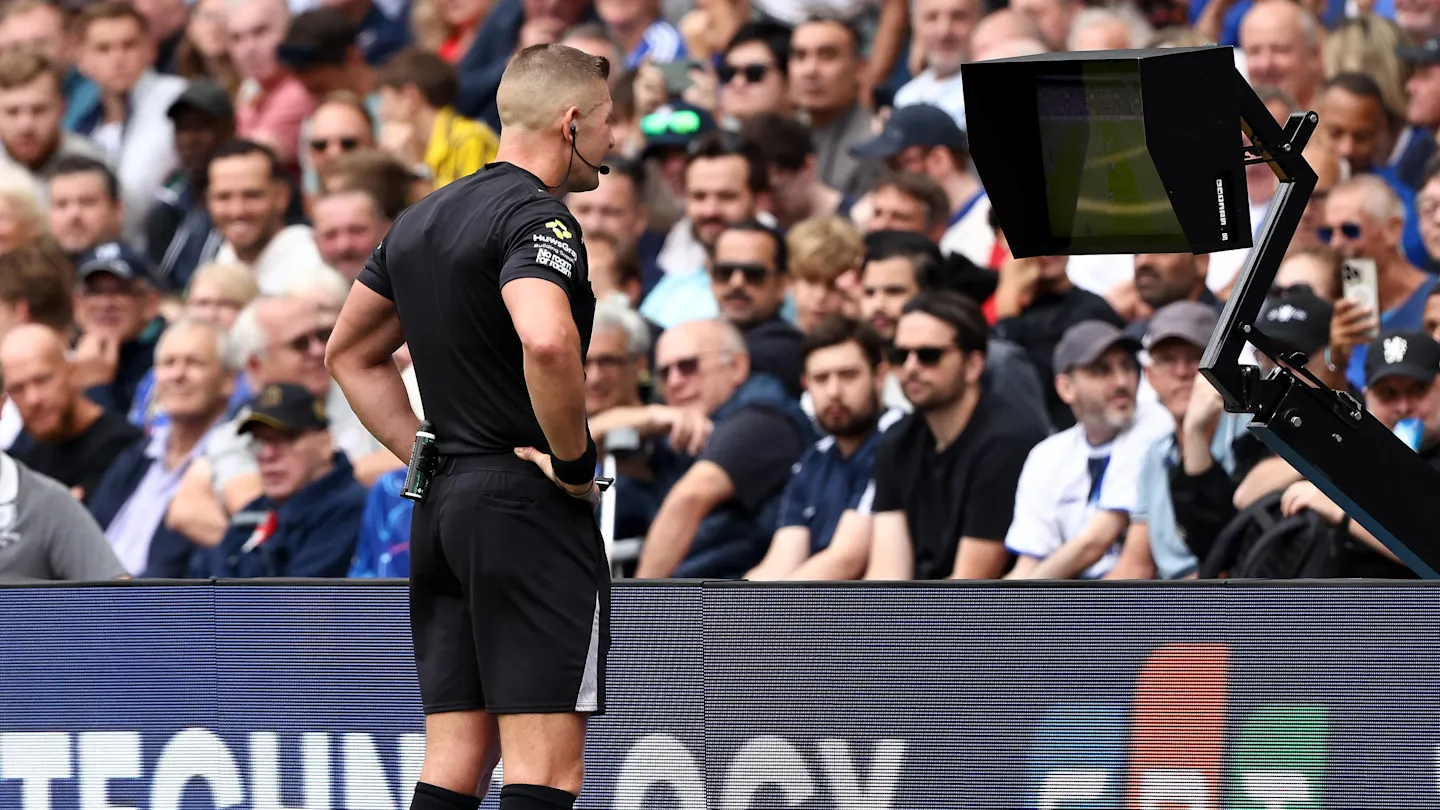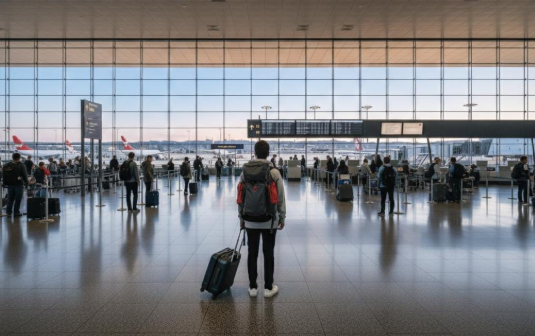Copyright Newsweek

The evil he projected as Hannibal Lecter in The Silence of the Lambs was chilling. But it was nothing compared to the battle Sir Anthony Hopkins faced against the demons of his past. The rebellious anger forged in him from being bullied during a lonely childhood in Wales drove him, but the fierce grip alcoholism held in adulthood threatened to silence his talent for good. Knowing all this, the title of Hopkins’ new memoir, We Did OK, Kid, is more than just a lighthearted quip; it’s a verdict of his 87 years spent overcoming personal struggles to find success and be at peace with himself. Speaking exclusively to Newsweek, Hopkins recalled the pivotal moment at age 17 with his father, a baker, that turned his anger into his strength. “My father said, ‘I don’t know what’s gonna happen to you. Hopeless.’ And I took a step back and said, ‘One day I’ll show you,’” Hopkins said. “My father looked at me and said, ‘Well, I hope you do.’ I think what happened at that moment, I had stopped playing the game of being stupid. And I was angry, resentful, repressed, put all that stuff inside me, and I think it switched something on.” It ignited a determination that propelled Hopkins down an extraordinary path. He was soon spotted by legendary Shakespearean actor Sir Laurence Olivier and invited to join the Royal National Theatre in London in 1965, which set the stage for him to eventually become one of cinema’s most iconic performers. Hopkins’ work on film would result in breaking two Academy Award records: His 1992 Best Actor win for The Silence of the Lambs is the shortest lead performance to ever win, according to Guinness World Records, and his 2021 win for The Father at age 83 made him the oldest person to be awarded an acting Oscar. But the man responsible for these iconic roles holds a surprisingly simple view of his craft. “I was asked by another interviewer, ‘How did you play Lecter?’ I said, ‘Just stood still and didn’t blink.’ ‘But how did you do The Remains of the Day playing a butler?’ ‘Well, just be very quiet.’ It’s no big deal,” Hopkins said, emphasizing that what he does is just what he does, putting no more importance on it than any other profession. “I’m a plumber. If you call a plumber and say, ‘Can you mend my faucets?’ he comes in and does the job. That’s my job. It’s a craft, it’s a job. There’s nothing mysterious about it. People like to make a big mystery. They all think they’re special. Special? God help us.” This same bluntness and honesty drives the narrative of We Did OK, Kid, where he confronts every part of his life with equal candor, from his greatest triumphs to his battle with alcoholism. Hopkins writes about how the fun of drinking with fellow actors spiraled into an isolating and dangerous addiction. “Suddenly I was here in California, and I was driving with my car blackout [drunk]. Couldn’t remember where I’d been. I woke up, I thought, I’m gonna die, or I’m going to take someone with me, I’ll kill somebody...I remember saying to someone, ‘I need help.’” The journey that began with that cry for help led not only to nearly 50 years of sobriety, but to the profound self-acceptance that defines his outlook today. Fortunately for us all, he is here to share the hard-won wisdom from that journey in the conversation that follows, which he had with Newsweek Editor-in-Chief Jennifer H. Cunningham on October 8 in Santa Monica, California. The interview has been lightly edited for length and clarity. Tell us about the photo of you and your father that inspired the book’s title, We Did OK, Kid. That was during the Second World War, 1941; I was 3-and-a-half. I have, for some reason, very good recall. I remember the images. That was on a Sunday morning. My father was in what they call the Royal Observer Corps. I dropped a candy into the sand, and I started to blubber a bit. And Cliff [a man at the Post Office] gave me another sweet. Many years later, I found those photographs. And I looked at them, and I said, “We did OK, kid.” Because it goes back to my past when I was not swift as a student. You come into the world, you’re confused, then you go to school and you’re taught things that don’t make any sense at all and I was hopeless, I just wasn’t bright, and so I was bullied. So I became isolated and defiant in a way, I never reacted to the bullying. I call it dumb insolence. At an early age, I learned to be defiant. I wouldn’t react. Was that a coping mechanism for you? Yes, it was. It’s not the healthiest way to go through life, but it fueled me in a way. One thing I claim at this moment is that I’m not a victim. I don’t believe in being a victim because life is tough and, kids, you get bullied, you get knocked about, that’s life. And you have to be resilient, and I inherited that from my parents. They worked hard. My father said, “Stand up straight, stop complaining.” And I inherited that from him. You describe a pivotal moment when you were 17 years old involving a school report. My parents were standing in the kitchen behind the bakery. My father worked hard to give me an education. And the dreaded moment came, my school report. My father opened it, gave it to my mother, and she said, “Anthony is way below the standard of the school.” I felt sorry for them, not for me, because I thought, Well, they have worked hard, why is it I can’t cope? My father said, “I don’t know what’s gonna happen to you. Hopeless.” And I took a step back and said, “One day I’ll show you. I’ll show both of you.” My father looked at me and said, “Well, I hope you do.” And my mother said, “I’m sure you will.” I think what happened at that moment, I had stopped playing the game of being stupid. And I was angry, resentful, repressed, put all that stuff inside me, and I think it switched something on, call it providence or subconscious mind, whatever it is. I think what happened was at that moment another voice said, “OK, fasten your seat belts. Here we go.” Because within four months I got a scholarship to an acting school. I didn’t know how to act. How on earth I got a scholarship, I don’t know. And my life has been like that. Step-by-step. The most fortunate accidents in my life. How did your hometown of Port Talbot, Wales, shape you? Oh, well, you’ll never be able to take Port Talbot out of me. I feel it’s in my bones, in my veins. It was a tough little town. It was steel mill country. The Welsh people were rough, tough people. No time for sentiment, no time for softness. And so that’s very much part of me. It’s my heritage. In that town was born the other actor, Richard Burton. I went up there and asked him for an autograph. And I was very impressed. I thought, That’s what I want to be. The ironic thing was, 28 years later, I met him in the dressing room that I had occupied before in Equus in New York [City]. And he said to me, “You came to my house [in Wales], didn’t you, ask[ed] me for my autograph?” Whose example shaped you most as an actor? I think about Sir [Laurence] Olivier. He was running the National Theatre. I admired his discipline. One thing I realized, in order to survive as an actor, you have to be ready, you have to be strong. You have be disciplined. I learned that from him. I started the process of learning the entire text of plays when I was doing repertory theater. Learn the entire piece, learn everything. And you know what you’re gonna do, so nobody can take you on. And I think that readiness gave me a kind of presence, because Olivier saw it. He encouraged me. He also told me to stop drinking, but he said, “Stay strong. You got it.” He’d tell other actors, “To be an actor, you have to be tough. And don’t mumble. Tell the story.” Why was it so important to include your journey to sobriety in the book? Well, because it’s my story. It’s the most significant part of my life. I drank because everyone did, actors, and it’s a show of rebellion and independence. And it was fun. But it occurred to me, I thought, I can enjoy this, but one day I think it’s gonna kill me. I had a suspicion it would kill me. Suddenly I was here in California, and I was driving with my car blackout [drunk]. Couldn’t remember where I’d been. That was 50 years ago. And I remember, I woke up, I thought, I’m gonna die, or I’m going to take someone with me, I’ll kill somebody. To drive a car drunk? It’s insanity. And I remember saying to someone, “I need help.” So I got help, and I discovered I was an alcoholic. I can’t describe alcoholism, but I couldn’t stop drinking. For some reason, because I cracked my own ego, I thought, I am not powerful. I’ve used willpower. Doesn’t work. I need help. So I made a phone call and joined a group of people who were the same. And I remember my meeting, seeing all these people, I thought, I’m not alone. And that was a big ego break, because you’re not special. I thought the recovery would be the greatest thing that ever happened to me. In your worst moments, how did you maintain your sobriety? I don’t know why the desire to drink left me on that day when I got help. A woman at this office, she said, “You don’t have to drink again.” She gave me a blessing of some kind. And suddenly I realized it was over. A kind of voice in my head like the voice of my father said, “It’s all over. Now you can start living. It has all been for a purpose. So don’t forget one moment of it. Now go about your business.” And I realized that I couldn’t have missed it, it was all a big lesson in there, because I learned a great deal in those tough years. I don’t want to go back there, but I wouldn’t have missed it for the world. My only reason for bringing this up, it may help someone out there. 1 of 6 Is there a central lesson you want readers to take from your life? I do believe in the principle, wake up and live. Wake up and live, because we’re going to be dead. Act as if it is impossible to fail. And that’s like a mantra. Suddenly it occurred to me, it was like out of a dream, suddenly I figured out it’s none of my business what people say of me or think of me. I am what I am and I do what I do because I enjoy doing it. It’s all in the game. No sweat, no big deal. There are no big deals. You’re also a composer and an artist. What’s your advice on creativity? We can do whatever we want if we check into ourselves. Because we are so used to being conditioned saying you can’t do that, you’re too big for your boots, or stay in your lane. No. Get into the other lanes as well, paint, draw, write, play music, dance, whatever you have to do. We limit ourselves all the time. We just say, “No, I can’t do that.” And then we admit, “I may fail.” So what? You fail. It’s like I go back to this: It’s none of my business what people say of me or think of me. Act as if it’s impossible to fail. And it works. What advice would you give your younger self? Have a ball. Don’t take anything too seriously. We have to get through life. There’s struggle. There’s pain. All in the game. But finally, it comes back to it. There’s a solace and peace in getting older. Because we’re not going anywhere. There’s no escape. We’re all going to die, aren’t we? That’s the big fat joke of life. So you say, screw it. That’s the shortest prayer in the world, because finally we know nothing. We think we do, but we know nothing. What drives your joy and optimism now? The fact that I’m an old man, and still here. Because I wake up, I’m thinking, I don’t have any aches or pains so far. And I’m at peace with what time I have left, whatever happens. I think, Well, I’m here. I have no fear. And I’ve accomplished things. Not through my own ego, but through some circumstance of whatever it is. And I look back to the cover of that book, “We did OK, kid.” Because it’s impossible to get from where he was, that little boy, to where I am today, but I cannot take credit for it in a conscious way. Maybe I was lucky to have that moment when I was 17, “One day I will show you.” Seventy years ago. Maybe that was the moment when something went whoop. Galvanized me.



